![]() — Home — Business News
— Home — Business News
Weekly Business News from Myanmar
-
Ministry of Natural Resources and Environmental Conservation revived domestic bamboo production to develop a value added bamboo industry
The Union Minis¬ter for Natural Re¬sources and Envi¬ronmental Conservation has called for a reinvigor¬ating makeover of domes¬tic bamboo production. National revenue from the sale of bamboo mate¬rial and products amounts to an underwhelming $5 million annually. Harvested from approx¬imately 1.7-million hec¬tares in Bago, Rakhine, and Tanintharyi Regions, commercial bamboo pro¬duction is underperform¬ing, said the minister. “Compared with the abundancy of bamboo forests, national revenue is unusually low,” U Ohn Win, Union Minister for Natural Resources and Environmental Conserva¬tion said at World Bam¬boo Day on September 18. -
Department of Forestry liberalizes key forestry products by handing authority of oversight and tax collection to regional and state governments
The Department of Forestry has handed authority of oversight and tax col¬lection from three high-value items, to regional and state governments, according to a Septem¬ber 25 announcement. After the proposal to de¬centralize the oversight of forestry product tax col¬lection was submitted to Ministry of Commerce by producers and exporters of Thanakha, Cardamon and Elephant Foot Yam, the Ministry of Commerce and Ministry of Natural Resource and Environ¬mental Conservation de¬cided to liberalize. Previously, the 25 per¬cent tax for the three items from state and pri¬vately owned forest areas were collected by the For¬estry Department. -
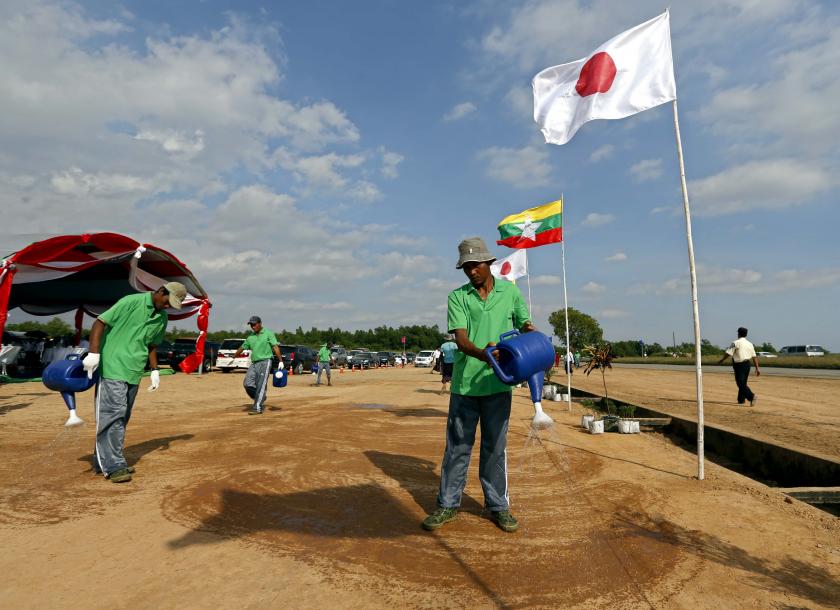
Due to the lack of power supply, Thilawa Special Economic Zone's mission to transform into a manufacturing hub hasn’t gained momentum and has hampered the manufacturers
DESPITE the foreign investments brought into Myanmar thanks to Thilawa Special Economic Zone, the SEZ’s purported mission to transform into a manufacturing hub has not gained momentum, partly because of the lack of power supply. In fact, the design of the SEZ is at odds with the current government’s top priority of developing exports and reducing the country’s reliance on imports. Within the Thilawa SEZ, a total of 82 companies have invested in Zone A and 66 companies have started constructions. Among them, 33 companies are already able to manufacture products. More than US$1.1 billion investments have been brought into the SEZ. However, most businesses operating in the SEZ do not manufacture products with raw materials in the country. Instead, they distribute imported goods, pack them, and sell them. This approach results in the opposite effects of reducing the country’s imports. -
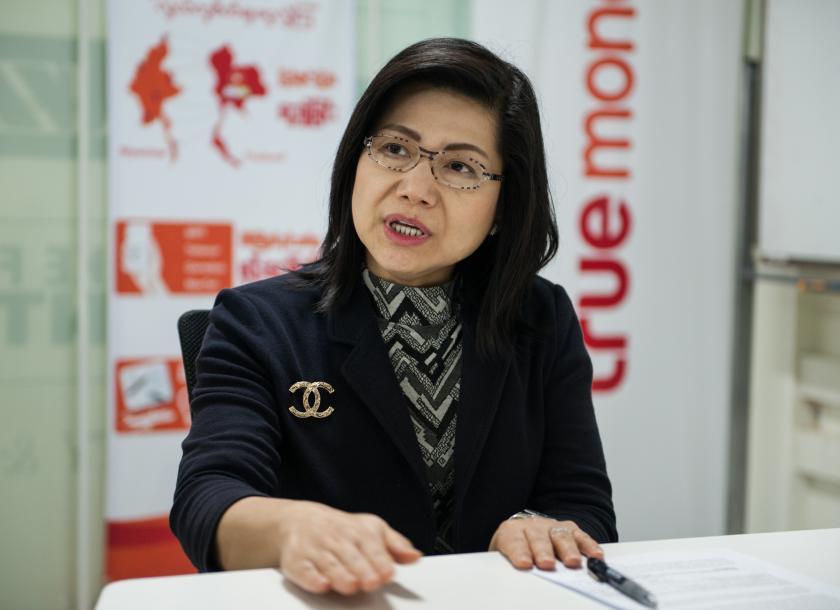
TrueMoney fintech firm's strategy amid rising competition is to cater to demands for a service facilitating international mobile cash transfers
TrueMoney, one of the newest additions to the string of fintech firms vying for a slice of the mobile money market in Myanmar, is upping its game in the face of rising competition. Its strategy is to meet demand for a service to facilitate international mobile cash transfers by Myanmar residents. “We have a channel that connects the mobile money market across the region,” Siriporn Nimtiparat, managing director of TrueMoney Myanmar Co, told The Myanmar Times. TrueMoney, a Thai company, provides mobile financial services allowing users to deposit cash in mobile accounts online or at physical point-of-sale outlets and transfer cash equivalents to a network of agents domestically or overseas. -
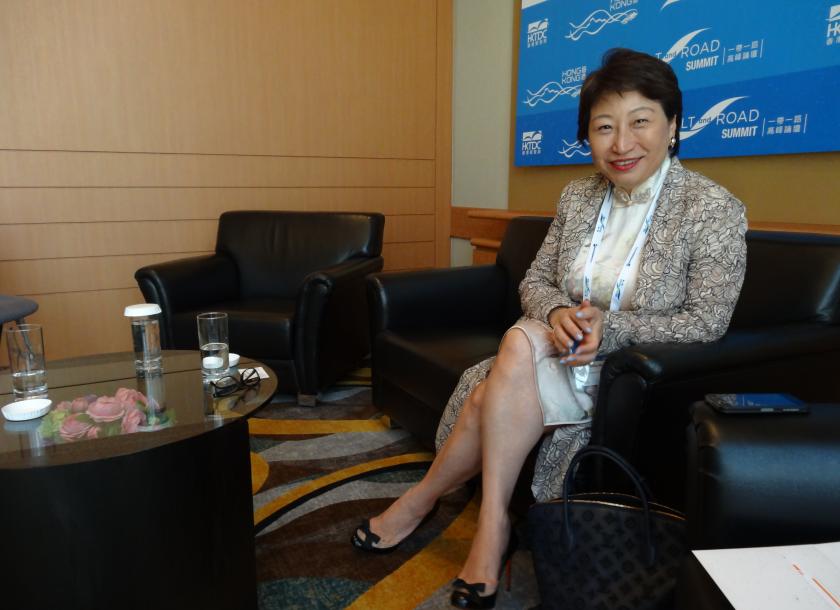
Singapore is active in Thilawa Special Economic Zone (SEZ) as the dispute resolution centre, but Hong Kong is another strong candidate
SINGAPORE is active in Thilawa Special Economic Zone (SEZ) as the dispute resolution centre, while London is stepping up its game in legal services in Beijing’s Belt and Road Initiative (BRI). When it comes to infrastructure disputes, Myanmar has a few choices to consider. Some businesses in China seeking to expand their operations beyond domestic borders and to export their products and services internationally have greatly underestimated the legal risks in the process, according to Dr Ying Yu from Oxford. The success of the initiative depends not only on bilateral agreements but also on multilateral agreements between countries, so as to form a comprehensive legal framework within which these countries can operate. -
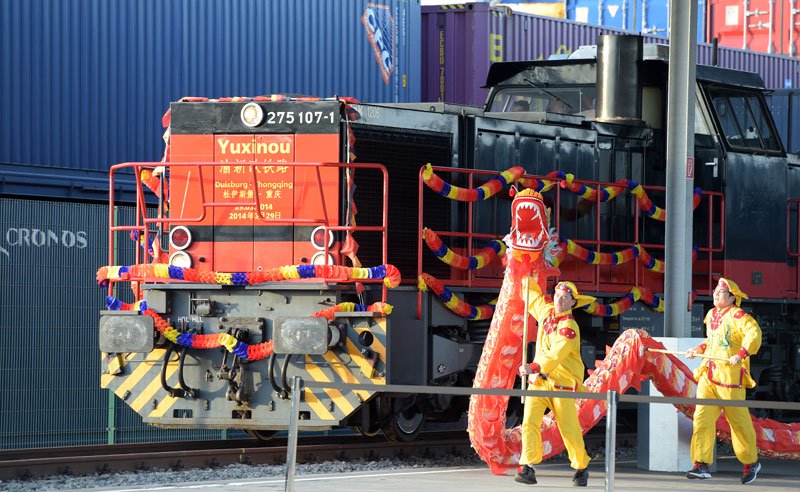
New road- rail freight transportation route delivers international cargo from South East Asia to Europe
A new road-rail freight transportation route has opened, delivering international cargo from Southeast Asia to Europe via southwest China's Chongqing Municipality. On Thursday, over 10,000 items of clothing, produced in Vietnam and transported to Chongqing via truck, were loaded onto a train bounded for Duisburg, Germany. "This was the first time Chongqing has integrated road freight with Europe-bound railway services. We hope it will become a competitive cargo trade route between Southeast Asia and Europe," said Qiao Zhiyu, general manager of Chongqing-ASEAN Highway Logistics Company. The road-rail route takes just 20 days, some 20 days less than shipping freight, Qiao said. -

Myanmar Investment Commission (MIC) is considering 15 foreign investment worth US$ 400 million and local investment worth Ks 1.434 trillion
Myanmar Investment Commission (MIC) is left to allow up to 15 foreign investments worth of US$400 million, said Deputy Director General San Myint from the Directorate of Investment and Companies Administration (DICA). The MIC is also left to allow local investments worth of Ks 1.434 trillion, he said. Moreover respective investment commissions found in regions and states are also allowed in respective regions and states, he continued. Although foreign investments are not made at Kachin, Kayah, Chin and Rakhine states and Magway region in 2017-18 fsy, local businessmen are making business in those states and region. -
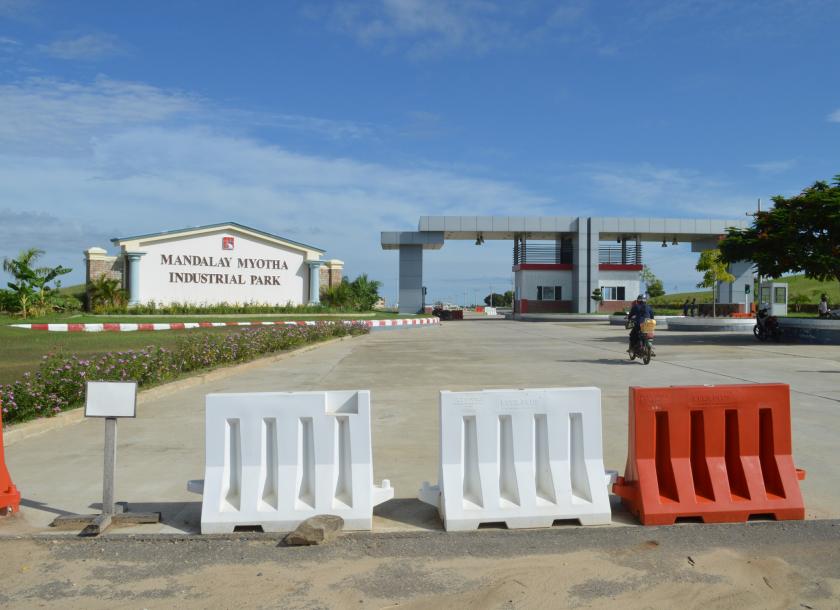
The International Federation for Human Rights (FIDH) warns of "potential land conflict epidemic" arising from the growing influx of investments and subsequent demand for land
THE country may soon face a land conflict epidemic as a result of the growing influx of investments and the subsequent demand for land, unless the laws and policies that adequately address land-rights issues are urgently adopted and implemented, warned the Paris-headquartered International Federation for Human Rights (FIDH) in a report released on September 27. The report Land of Sorrow: Human rights violations at Myanmar's Myotha Industrial Park documents the harmful consequences suffered by rural communities in Mandalay Region as a result of the large-scale industrial park project developed by the domestic company Mandalay Myotha Industrial Development (MMID) in Ngazun township. Myotha Industrial Park project, which started in 2013 January, comprises 10,000 acres of land owned by more than 1,000 households from 14 villages. -
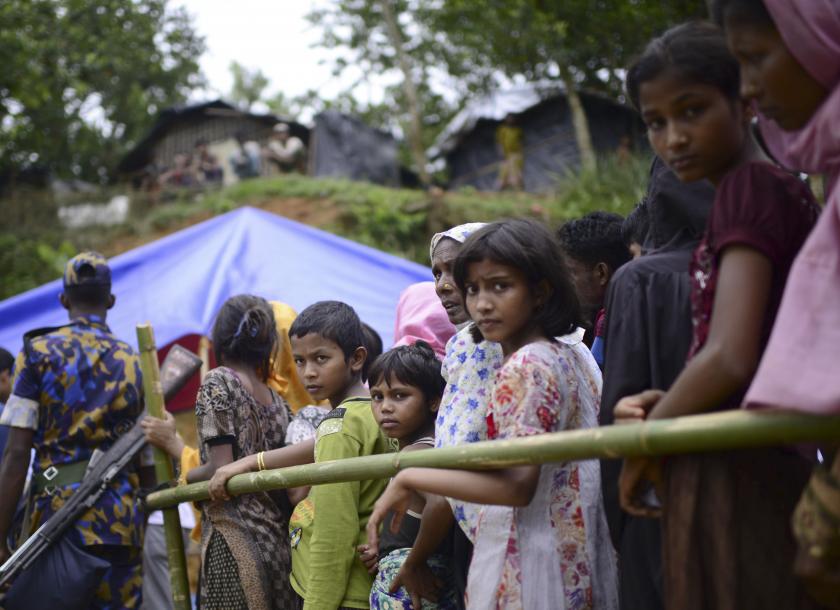
The Rakhine State government plans to host an investment forum targeting international investors next year to promote Rakhine State’s economic development
THE economy in the resource-rich Rakhine State is throttled by the crisis as well as the accompanying international backlash, dashing any hope of massive foreign investment in the near future. In the meantime, local communities in Kyaukphyu have demanded the stake ratio of the proposed Kyaukphyu port to be restructured so as to allow a higher ratio for Myanmar. Nay Pyi Taw is negotiating with the stakeholders on adjusting the ownership percentage between the two consortiums. Despite the fact that Rakhine is not in Myanmar’s heartland geographically, the state is crucial for the country’s economy. In addition to the renowned Ngapali beach, Rakhine State holds enormous economic potential because the state has oil, natural gas fields and maritime resources from the Bay of Bengal. -
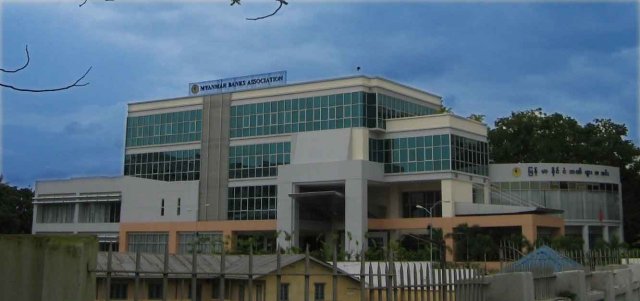
Myanmar Banks Association announced that the interest rate for all its deposit accounts will increase from 6 to 8 per cent
The Myanmar Banks Association says the interest rate for all its deposit accounts will increase from 6 to 8 per cent from tomorrow, Sunday. The interest rates for other deposits remain unchanged. Private banks will calculate the interest rate for call deposits on a daily basis and add the interest rate to the total deposit every three months.
Business News
Copyright © 2014 Business Information Center All Rights Reserved.







